Au mois de mai, le roman Chlorine de Jade Song est paru aux éditions Argyll . Pour son premier roman, Jade Song s’appuie sur le body horror pour parler de Ren Yu, une sirène évoluant dans le milieu de la natation professionnelle. Nous avons pu échanger avec elle.
Vous retrouverez ici la retranscription de l’interview en français et en anglais
Retranscription anglaise
Welcome, Jade. Do we say Jade or Jade?
Jade.
Jade, okay. You have written your first novel, Chlorine. What are your influence, and could you introduce yourself to our visitors?
Yes. Hello, I’m Jade. I live in New York. Chlorine is my first novel. I do have a second one coming out in March next year, and then a short story collection coming out in 2027. My influences for this book, they were actually very French, so I was very excited to be invited to come to France for it. I really love Julia Ducourneau’s films, especially Ra and Titan. I don’t know the French names, but they were a huge inspiration for this book. I think in French, it’s the French extremety movies, but those body horror movies were a big inspiration for it. And also books like The Vegetarian by Hong Kong, just very much books that take a lot of the historical trauma that has happened to someone, and they feel it in the body, and then that makes them lash out as a form of reclamation in their body.
Okay. And so, Chlorine, has been published in France this year. So what are your feelings when you have heard that it will be translated to French?
I was really excited. I studied French for one year in high school in America, and obviously, I did not retain any of it. But my French teacher, we’ve stayed in touch, my friends and with her. So she was really excited. So it was very exciting to be able to give her a copy of the book. And and just let her read it. So it was a lot of excitement about that.
And I don’t know if you have discussed with Simon (Pinel) from Argyll, but I meet him in may, and he’s just a fan of your book,
Oh, yes, he’s very nice. We had dinner with the Argyll team yesterday. So, yeah, he’s really lovely. The whole team at Argyll is amazing.
It’s about Ren Yu, a young Simmer who feel like a mermaid.. So what represent the mermaid for you?
To me, the mermaid represents freedom because the mermaid doesn’t have to belong to any of the human pettiness. In the book, Ren really wants to escape from all of the horrible human things that have been done to her and that have been holding her back. To her, the mermaid is this representation of freedom because the mermaid can go out in the ocean, the mermaid can do whatever it wants, the mermaid can read whatever they want, the mermaid can eat whatever they want. They don’t have to go to swim practice. They don’t have to listen to a horrible swim coach. For Ren in the book, the mermaid really represents this being and this life that you can be whoever you want to be, and that’s something she really craves.
We see that Ren must do like the sports ask, like her family ask her to do, like his manager wants to do, the world in a bigger picture. So do you want to say from Ren’s perspective that for women, the world has not really changed after the « Me Too »?
I think that’s a complicated question. I think Ren doesn’t view herself fully as a woman because in the timeline of the book, she’s still very much a girl, and she doesn’t view herself as a girl. She also views herself as a mermaid. I think she would argue that she doesn’t really have the perspective of being a woman quite yet. I do think that… I think personally, things haven’t changed much. I do think the dialog around Me Too and the dialog around just lessening the patriarchy is really important, and it definitely is more obvious. But I do think there are certain instances where the people in power do not necessarily actually do any actions to change this. For example, I adapted Chlorine to a screenplay, so we’ve been having a lot of producers read it. And some of the feedback we’ve gotten is that, Oh, this could never happen in real life because a coach like this would be immediately reported. I think a comment like that and how often it came up just showed me that we don’t quite fully understand how prevalent the patriarchy can be because obviously things like this happen all the time and it still gets uncovered. Just the fact that people think it would never happen is part of the problem.
Her father decides to go back to China because of its origin and Is it a question for her, Ren, to know what country she belongs to? Or there is no question about the origin about Ren?
I think Ren feels that a lot of belonging to a country is a very human facet that she just doesn’t want to take part in because she’s never felt at home in America. And in the book, she’s never been to China, so she doesn’t really have that association with it. I think for her, she doesn’t really think in terms of country. She more thinks in terms of land and water because I think for her, the country borders are very human creation. And for her, what more matters is where she feels like she belongs, and that doesn’t necessarily always have to be a country. For her, that’s more the water. For her, that’s wherever she can find the people or the mermaids that she feels most like is her community.
She has a double change, one in his body because she’s at the time where she became from girl to woman. And in the same time, there is this mindset that say, Oh, I’m a mermaid. Does it mean that it’s a way to prevent the change of its body, a way for her to fight against the nature?
I think so. I think that she is… In the beginning of the book, she is a girl, and then after she does get her period, she is technically considered a woman. But I don’t think for her, just because you started menstruating, that makes you a woman. I think she, in the book, finds that a very strange concept and something that feels very much part of the male gaze, because for her, when she finds out that she’s a woman, it’s very much through her swim coach that she has this realization. And obviously, the swim coach is a man, and this is a terrible man that wields this power over her. So I don’t think that she necessarily feels that, again, she is a woman. I think, again, she feels like she is and I think you can have the interpretation that her thinking that she is a mermaid is a way to cope with what’s happening to her body. But I prefer to think of it as she really is a mermaid, and she really does think she is a mermaid because she is. I think that that is the joy of fiction, is that being able to imagine a different self is possible for you.
And she likes to swim because she’s a mermaid. We are not sure that she has a really choose the sports. And I feel that it’s very violent the way she follows the training and this stuff and the competition and so on. Do you think there is still a taboo against the sport and the violence of families that choose for children and trainers?
I think so. I think swimming Swimming is probably one of the more or less violent sports because you’re not necessarily putting your body in direct attack against an opponent. But I do think after being a competitive swimmer for 12 years, I do think there is a violence associated with sports, whether it’s the atmosphere that’s in your team or just the violence that you’re committing against your body. And that’s not to say that I don’t want to disclaim other people who find a lot of joy in sports. I do think a swimmer taught me a lot of good things like discipline, the joy of repetition, et cetera. But I do think for Ren, specifically in the book, there is a lot of violence associated with competitive swimming and the chlorine in the pool, which is where a lot of the competitive swimming happens. So that’s why the book is named Chlorine. That’s why she believes that she wants to escape the chlorinated pools for fresh water, which doesn’t have that violence associated with competitive swimming.
And we have not only horror, violence within the book. There is love, but this love is quite forbidden, discrete. We don’t see. We see it through three chapters with Cathy. Who is Cathy?
Who is Cathy? Who is Cathy? I wanted to introduce a character that was very human because Ren, she doesn’t think of herself as human. She thinks of herself as a mermaid. It felt like Ren was so obsessed with this goal of becoming a mermaid that she wasn’t allowing her to think of these human emotions. And so I felt like rooting Cathy in this yearning and in this love would emphasize the monstrosity of Ren. So Cathy is very much the human embodiment of yearning, and I do feel like yearning is a big facet of the human condition. So I do think just providing that contrast with Ren was a really fun way to make Cathy come alive.
You missed some time that some people around us can to help us. Is it the message you wanted to show to? Or perhaps not?
No, I think the message I wanted was that people love differently and that if you really love someone, you would accept who they are because I think Cathy does have a little bit of conflict over whether she actually thinks Ren is a mermaid or not, and how she can actually help Ren when Ren doesn’t necessarily want her help. I think more for me, the message was that if you really love someone, you would accept who they are rather than try to to change them, which I think Cathy does realize at the end because she helps Ren get to the creek, and she helps Ren escape. But I actually did write Ren to be very er romantic, which is something that I felt was very important for her because she doesn’t view romantic love as the ultimate goal for her. She views it as transcending herself to become a mermaid. So I think Cathy doesn’t necessarily understand that, and so that creates a barrier between the two. So I don’t think the message for me was more so that we miss sometimes that other people are trying to help us, but more so that if we love someone, we really have to accept who they are.
Why do you choose the Body Horror format to express your story?
I feel like Body Horror was perfect for this story, especially menstruation. I feel like it’s a big part of Body Horror. I mean, you are literally expelling 2-3 tablespoons of blood out of your body every month. And I think very much that having a body itself is just horror, the horror genre in real life. So for me, this book was never in the genre of horror. To me, this book was always just me writing my experience down. So I guess I just wanted to write something that felt very realistic. And so for me, the body horror genre was so realistic that it’s just how the book came to be.
Yes, it’s the point that is more horrific on your book is that the final is just so real. You have said earlier that you will have a second novel that is coming Can we have information about the content you wanted to share?
The second book actually is not very much in the body horror area. It’s not in horror at all, really. It’s more literary fiction. I’m not sure in French what genre would be called. But yeah, Chlorine came from a big place of anger, and I was a lot younger when I wrote it. So I don’t think I had the maturity to think about nuance and what else that the character might be experiencing, what other characters might be experiencing, which I think was good for Chlorine, but I think in future works, I wanted to explore more about the character set in a world and thinking about her place in the world rather than thinking about herself. The second book It comes a lot from love, and it comes a lot from my fear of death, not of my own, but of my loved ones. It’s very much just about a girl in New York who’s trying to work through her fear of death while she works at a bespoke startup for celebrity earn.
And so first novel, first invitation to Utopiales. It’s the first time I imagine you go in this festival, no?
Yes.
What are your interests regarding this festival?
Yeah. This is not my first literary festival, but it’s my first science fiction and fantasy literary festival. I think just the the crowds and the passion and the interest that people show for not just the writers, but for the movies, for the talks, for all of the art exhibitions is really exciting. I don’t think I’ve necessarily seen that excitement and passion in other festivals for all these different kinds of subjects. This really is a lovely festival. The organizers are amazing. They worked so hard. I’m really grateful to be here.
Thank you very much for your time. Enjoy the end of the festival.
Thank you for having me
Retranscription française
Bienvenue, Jade. On dit Jade (à l’anglaise) ou Jade (à la française) ?
Jade.
Jade, d’accord. Vous avez écrit votre premier roman, Chlorine. Quelles sont vos influences, et pourriez-vous vous présenter à nos visiteurs ?
Oui. Bonjour, je suis Jade. Je vis à New York. Chlorine est mon premier roman. J’en ai un deuxième qui sort en mars de l’année prochaine, et un recueil de nouvelles en 2027. Mes influences pour ce livre étaient en fait très françaises, j’étais donc très heureuse d’être invitée à venir en France pour ça. J’adore les films de Julia Ducourneau, en particulier Grave et Titane . Je ne connais pas les noms français, mais ils ont été une grande source d’inspiration pour ce livre. Je crois qu’en français, on parle des films de « l’extrémité française » (French Extremity), mais ces films de « body horror » ont été une grande inspiration. Et aussi des livres comme La Végétarienne de Han Kang (Hong Kong), des livres qui parlent de traumatismes historiques vécus par quelqu’un, qui les ressent dans son corps, et qui le pousse à réagir violemment comme une forme de réappropriation de son corps.
D’accord. Et donc, Chlorine, a été publié en France cette année. Quels sont vos sentiments après avoir appris qu’il serait traduit en français ?
J’étais vraiment très heureuse. J’ai étudié le français pendant un an au lycée en Amérique, et évidemment, je n’ai rien retenu. Mais avec ma professeure de français, nous sommes restés en contact, mes amis et moi avec elle. Donc elle était vraiment ravie. C’était donc très excitant de pouvoir lui donner un exemplaire du livre. Et juste la laisser le lire. Donc il y avait beaucoup d’excitation autour de ça.
Et je ne sais pas si vous avez discuté avec Simon (Pinel) d’Argyll mais je l’ai rencontré en mai, et c’est juste un fan de votre livre.
Oh, oui, il est très gentil. Nous avons dîné avec l’équipe d’Argyll hier. Donc, oui, il est vraiment adorable. Toute l’équipe d’Argyll est incroyable.
Il s’agit de Ren Yu, une jeune nageuse qui se sent comme une sirène. Que représente la sirène pour vous ?
Pour moi, la sirène représente la liberté, car la sirène n’a pas à se soucier de toutes les bassesses humaines. Dans le livre, Ren veut vraiment échapper à toutes les choses humaines horribles qui lui ont été faites et qui l’ont freinée. Pour elle, la sirène est cette représentation de la liberté, car la sirène peut aller dans l’océan, elle peut faire ce qu’elle veut, lire ce qu’elle veut, manger ce qu’elle veut. Elle n’a pas à aller à l’entraînement de natation. Elle n’a pas à écouter un horrible entraîneur. Pour Ren dans le livre, la sirène représente vraiment cet être et cette vie où l’on peut être qui l’on veut, et c’est quelque chose qu’elle désire ardemment.
On voit que Ren doit faire ce que le sport exige, ce que sa famille lui demande, ce que son manager attend d’elle, le monde au sens large. Voulez-vous dire, du point de vue de Ren, que pour les femmes, le monde n’a pas vraiment changé après Me Too et que les femmes sont toujours sous le poids de la société, enfin ?
Je pense que c’est une question compliquée. Je pense que Ren ne se voit pas entièrement comme une femme, car dans la chronologie du livre, elle est encore vraiment une fille, et elle ne se voit pas comme une fille. Elle se voit aussi comme une sirène. Je pense qu’elle dirait qu’elle n’a pas encore vraiment la perspective d’être une femme. Je pense que… personnellement, les choses n’ont pas beaucoup changé. Je pense que le dialogue autour de Me Too et le dialogue sur la réduction du patriarcat sont vraiment importants, et c’est nettement plus visible. Mais je pense qu’il y a certains cas où les gens au pouvoir ne prennent pas nécessairement de mesures concrètes pour changer cela. Par exemple, j’ai adapté Chlorine en scénario, et beaucoup de producteurs l’ont lu. Et certains des retours que nous avons eus étaient : « Oh, cela ne pourrait jamais arriver dans la vraie vie, parce qu’un entraîneur comme ça serait immédiatement signalé. » Je pense qu’un commentaire comme celui-là, et la fréquence à laquelle il est apparu, m’a juste montré que nous ne comprenons pas tout à fait à quel point le patriarcat peut être prégnant, car évidemment, des choses comme ça arrivent tout le temps et sont encore découvertes. Le simple fait que les gens pensent que ça n’arriverait jamais fait partie du problème.
Son père décide de retourner en Chine à cause de ses origines ? Est-ce une question pour elle, Ren, de savoir à quel pays elle appartient ? Ou n’y a-t-il aucune question sur les origines de Ren ?
Je pense que Ren sent que l’appartenance à un pays est une facette très humaine à laquelle elle ne veut tout simplement pas prendre part, car elle ne s’est jamais sentie chez elle en Amérique. Et dans le livre, elle n’est jamais allée en Chine, donc elle n’a pas vraiment ce lien avec ce pays. Je pense que pour elle, elle ne pense pas vraiment en termes de pays. Elle pense davantage en termes de terre et d’eau, car pour elle, les frontières des pays sont une création très humaine. Et pour elle, ce qui compte le plus, c’est là où elle se sent à sa place, et ce n’est pas nécessairement un pays. Pour elle, c’est plutôt l’eau. Pour elle, c’est partout où elle peut trouver les gens ou les sirènes qu’elle considère le plus comme sa communauté.
Elle vit un double changement : un dans son corps, car elle passe de fille à femme. Et en même temps, il y a cet état d’esprit qui dit : « Oh, je suis une sirène. » Est-ce une façon d’empêcher le changement de son corps, une façon pour elle de lutter contre la nature ?
Je pense que oui. Je pense qu’elle est… Au début du livre, c’est une fille, et puis après avoir eu ses règles, elle est techniquement considérée comme une femme. Mais je ne pense pas que pour elle, le simple fait d’avoir ses règles fasse de vous une femme. Je pense que dans le livre, elle trouve que c’est un concept très étrange et quelque chose qui relève beaucoup du regard masculin, car pour elle, quand elle découvre qu’elle est une femme, c’est beaucoup à travers son entraîneur qu’elle prend conscience de cela. Et évidemment, l’entraîneur est un homme, et c’est un homme terrible qui exerce ce pouvoir sur elle. Donc je ne pense pas qu’elle ait le sentiment, encore une fois, d’être une femme. Je pense, encore une fois, qu’elle se sent… Et je pense qu’on peut interpréter le fait qu’elle pense être une sirène comme une façon de gérer ce qui arrive à son corps. Mais je préfère penser qu’elle est vraiment une sirène, et qu’elle pense vraiment être une sirène parce qu’elle l’est. Je pense que c’est la joie de la fiction, de pouvoir imaginer qu’un « moi » différent est possible pour vous.
Et elle aime nager parce qu’elle est une sirène. Nous ne sommes pas sûrs qu’elle ait vraiment choisi ce sport. Et j’ai l’impression que la façon dont elle suit l’entraînement, les compétitions, etc., est très violente. Pensez-vous qu’il y a encore un tabou sur le sport et la violence des familles qui choisissent pour les enfants, des entraîneurs, etc. ?
Je pense que oui. Je pense que la natation… La natation est probablement l’un des sports plus ou moins violents, car vous n’êtes pas nécessairement en train de mettre votre corps en attaque directe contre un adversaire. Mais je pense qu’après avoir été nageuse de compétition pendant 12 ans, il y a une violence associée au sport, que ce soit l’atmosphère dans votre équipe ou simplement la violence que vous commettez contre votre propre corps. Et cela ne veut pas dire que je veux décourager les gens qui trouvent beaucoup de joie dans le sport. Je pense que la natation m’a appris beaucoup de bonnes choses comme la discipline, la joie de la répétition, etc. Mais je pense que pour Ren, spécifiquement dans le livre, il y a beaucoup de violence associée à la natation de compétition et au chlore dans la piscine, là où se déroule une grande partie de la natation de compétition. C’est pourquoi le livre s’appelle Chlorine ; c’est pourquoi elle pense vouloir échapper aux piscines chlorées pour de l’eau douce, qui n’a pas cette violence associée à la natation de compétition.
Et nous n’avons pas seulement de l’horreur, de la violence dans le livre. Il y a de l’amour, mais cet amour est assez interdit, discret. On ne le voit pas. On le voit à travers trois chapitres avec Cathy. Qui est Cathy ?
Qui est Cathy ? Je voulais introduire un personnage qui était très humain, parce que Ren ne se considère pas comme humaine. Elle se considère comme une sirène. J’avais l’impression que Ren était tellement obsédée par cet objectif de devenir une sirène qu’elle ne s’autorisait pas à penser à ces émotions humaines. Et donc, j’ai eu l’impression qu’ancrer Cathy dans ce désir et cet amour accentuerait la monstruosité de Ren. Donc Cathy est vraiment l’incarnation humaine du désir, et j’ai l’impression que le désir est une facette importante de la condition humaine. Donc je pense que le simple fait de créer ce contraste avec Ren était une façon très amusante de donner vie à Cathy.
On passe parfois à côté de gens qui pourraient nous aider. Est-ce le message que vous vouliez faire passer ?
Peut-être pas ? Non, je pense que le message que je voulais transmettre, c’est que les gens aiment différemment et que si vous aimez vraiment quelqu’un, vous acceptez qui il est. Parce que je pense que Cathy est un peu en conflit avec elle-même, ne sachant pas si elle pense vraiment que Ren est une sirène ou non, et comment elle peut réellement aider Ren alors que Ren ne veut pas nécessairement son aide. Je pense que pour moi, le message était davantage que si vous aimez vraiment quelqu’un, vous devez accepter qui il est plutôt que d’essayer de le changer. Ce que Cathy réalise, je pense, à la fin, car elle aide Ren à se rendre à la crique, et elle aide Ren à s’échapper. Mais en fait, j’ai écrit Ren pour qu’elle soit très « aromantique », ce qui était très important pour moi, car elle ne voit pas l’amour romantique comme son but ultime. Elle voit plutôt le fait de se transcender pour devenir une sirène. Donc je pense que Cathy ne comprend pas nécessairement cela, ce qui crée une barrière entre elles. Donc je ne pense pas que le message pour moi était que nous passons parfois à côté de gens qui essaient de nous aider, mais plutôt que si nous aimons quelqu’un, nous devons vraiment accepter qui il est.
Pourquoi choisissez-vous le format du « Body Horror » pour exprimer votre histoire ?
J’ai l’impression que le « Body Horror » était parfait pour cette histoire, surtout la menstruation. J’ai l’impression que c’est une grande partie du « Body Horror ». Je veux dire, vous expulsez littéralement 2-3 cuillères à soupe de sang de votre corps chaque mois. Et je pense vraiment qu’avoir un corps en soi, c’est juste de l’horreur, le genre de l’horreur dans la vraie vie. Donc pour moi, ce livre n’a jamais été dans le genre de l’horreur. Pour moi, ce livre, c’était juste moi qui écrivais mon expérience. Donc je suppose que je voulais juste écrire quelque chose qui semblait très réaliste. Et pour moi, le genre « body horror » était tellement réaliste que c’est juste comme ça que le livre est né.
Oui, le point le plus horrible de votre livre, c’est que la fin est tellement réelle ! Vous avez dit tout à l’heure que vous aviez un deuxième roman à venir. Pouvons-nous avoir des informations sur le contenu que vous vouliez partager ?
Le deuxième livre n’est en fait pas vraiment dans le domaine du « body horror ». Ce n’est pas de l’horreur du tout, vraiment. C’est plutôt de la fiction littéraire. Je ne suis pas sûre de comment on appellerait ce genre en français. Mais oui, Chlorine est né d’une grande colère, et j’étais beaucoup plus jeune quand je l’ai écrit. Donc je ne pense pas que j’avais la maturité de penser à la nuance et à ce que le personnage pouvait vivre d’autre, ce que d’autres personnages pouvaient vivre. Ce qui était bien pour Chlorine, je pense, mais dans mes futurs travaux, je voulais explorer davantage le personnage dans un monde et réfléchir à sa place dans le monde plutôt qu’à elle-même. Le deuxième livre vient beaucoup de l’amour, et il vient beaucoup de ma peur de la mort, pas de la mienne, mais de celle de mes proches. Il s’agit simplement d’une fille à New York qui essaie de surmonter sa peur de la mort tout en travaillant dans une start-up sur mesure d’urnes (funéraires) pour célébrités.
Et donc, premier roman, première invitation aux Utopiales. C’est la première fois que vous venez à ce festival, j’imagine, non ?
Oui.
Quel est votre intérêt pour ce festival ?
Oui. Ce n’est pas mon premier festival littéraire, mais c’est mon premier festival littéraire de science-fiction et de fantasy. Je pense que la foule, la passion et l’intérêt que les gens montrent non seulement pour les écrivains, mais aussi pour les films, les conférences, toutes les expositions d’art, c’est vraiment excitant. Je ne pense pas avoir nécessairement vu cet enthousiasme et cette passion dans d’autres festivals pour tous ces différents types de sujets. C’est vraiment un festival charmant. Les organisateurs sont incroyables. Ils ont travaillé si dur. Je suis vraiment reconnaissante d’être ici.
Merci beaucoup pour votre temps. Profitez bien de la fin du festival.
Merci de m’avoir reçue.
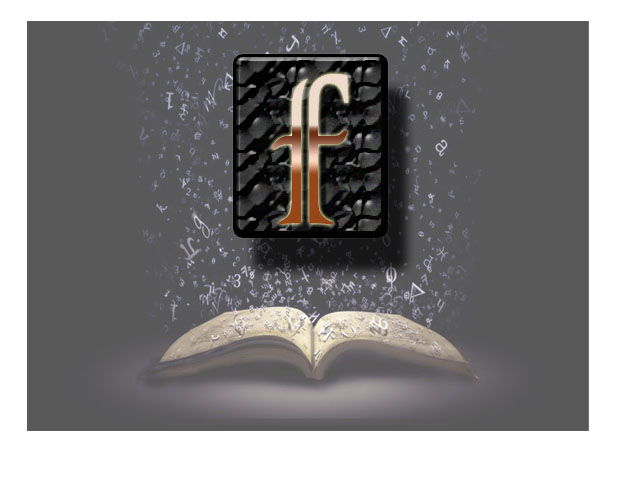
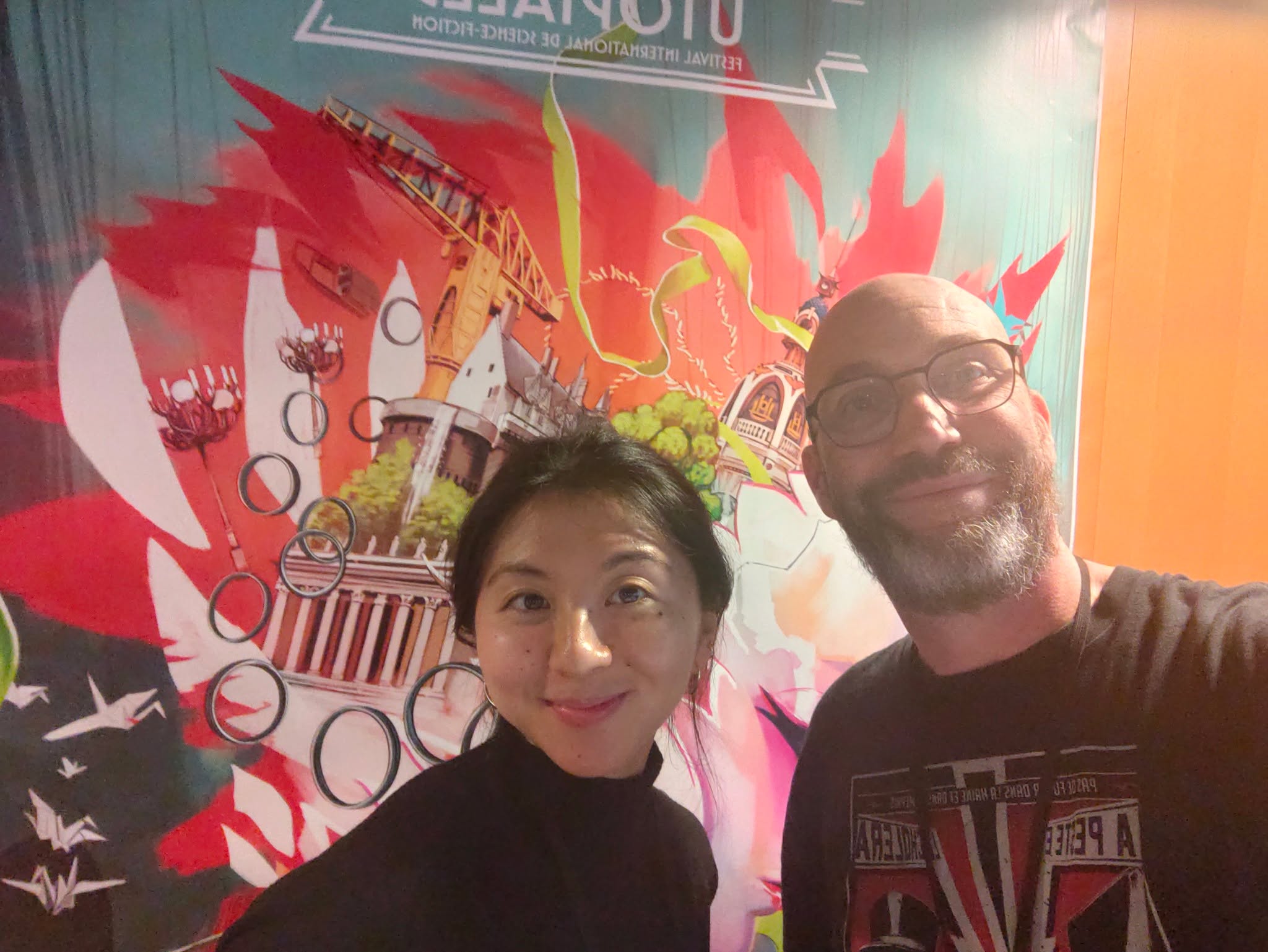
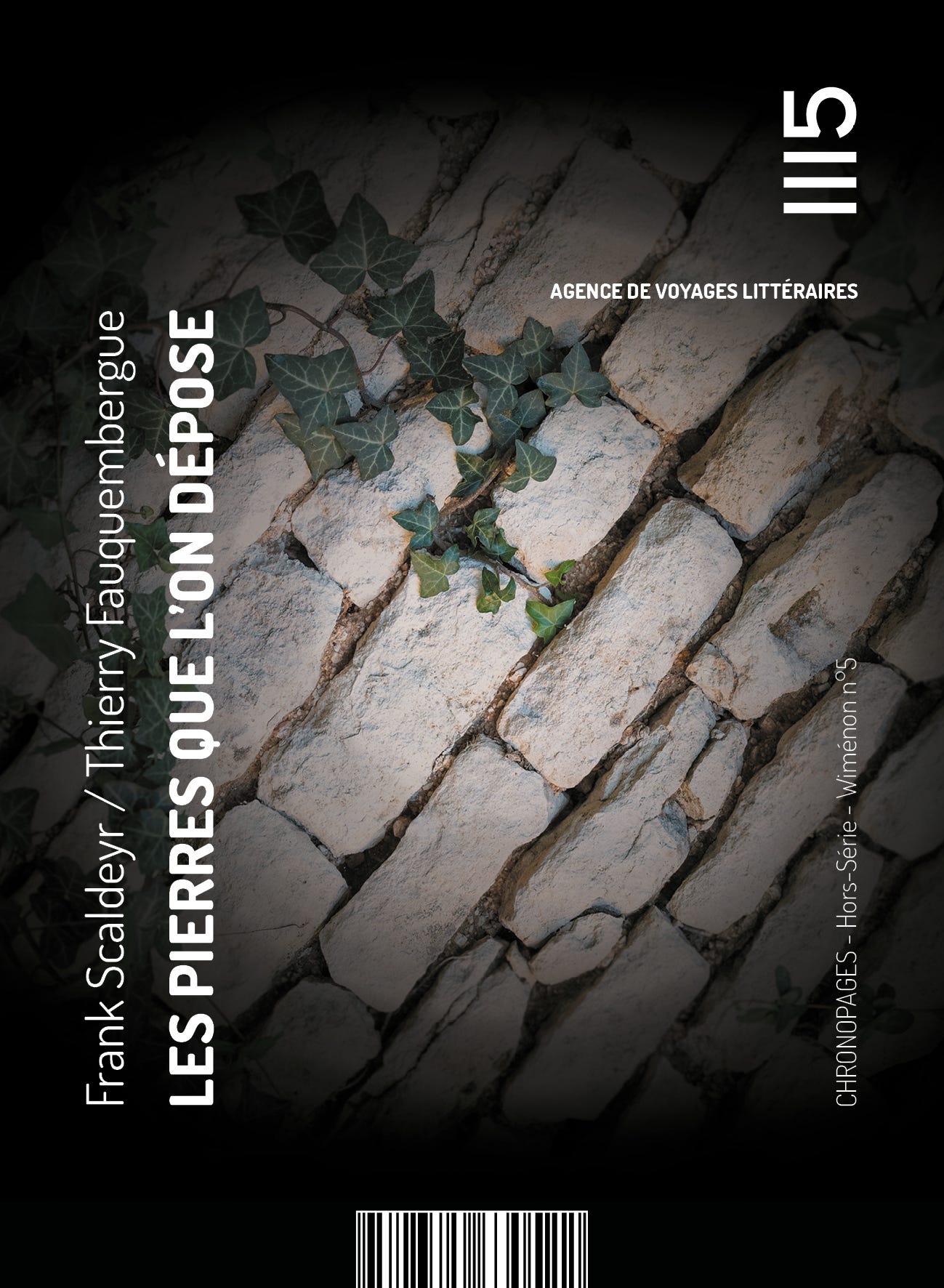
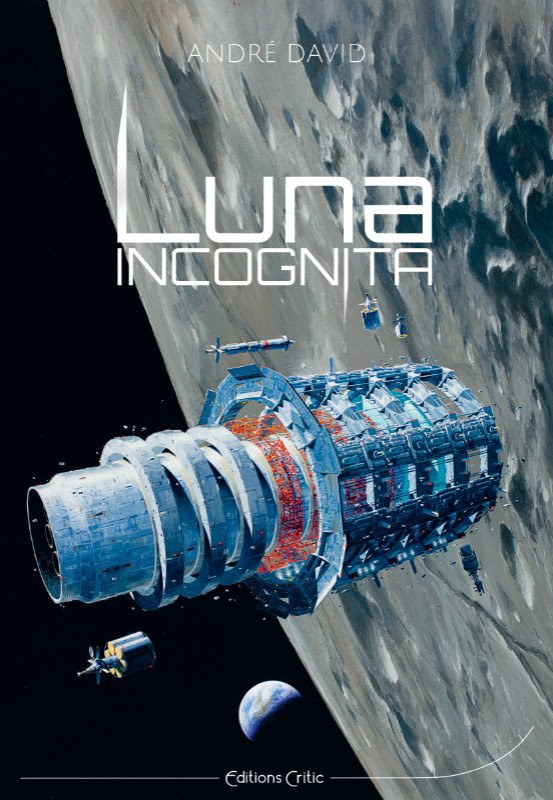
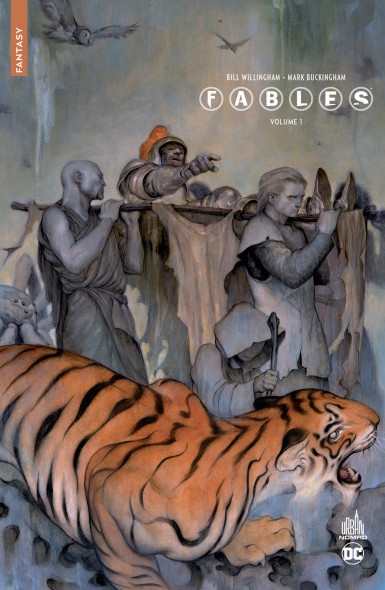
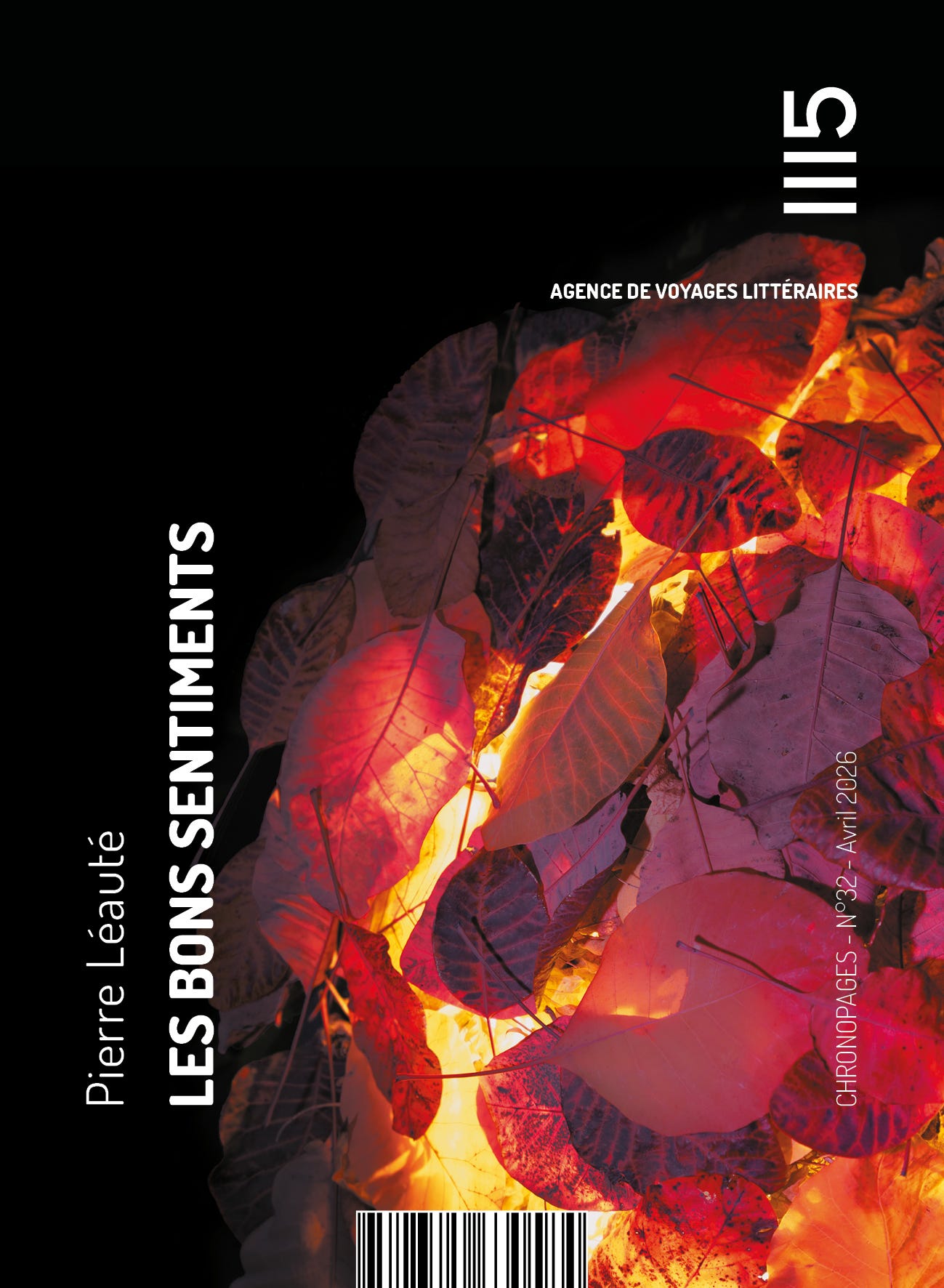






Laisser un commentaire